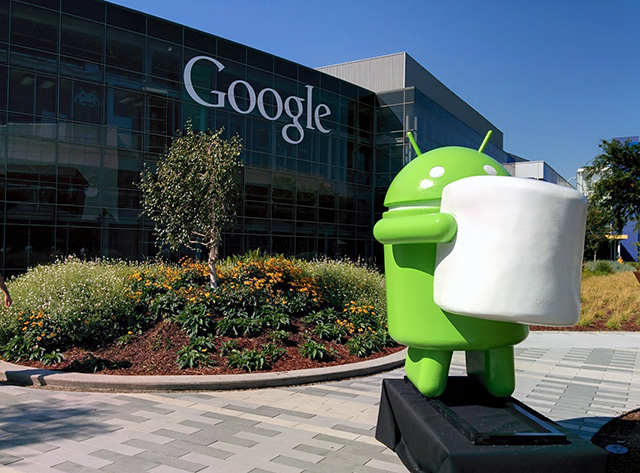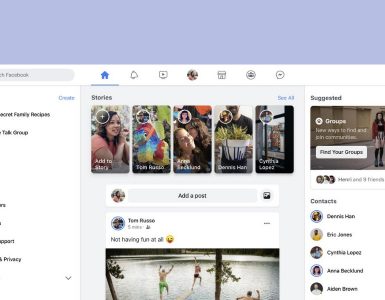According to the head of Android – Andrei Popescu, ‘slickness’ can be expected. He said, “in general with Marshmallow we’ve taken the approach that we want the whole release extremely polished – not that we didn’t have polished releases before.” One week prior to the launch, one of the improvements were announced to the developers at Google Playtime event in London which is its developer conference. The improvement is the increase of maximum app size from 50MB to 100MB. This improvement certainly deserved loud cheers that could be heard at the event. The head of Google Play for EMEA (Europe, Middle East and Africa) – Mark Bennett discussed some of the problems faced by Android in this region.
The region on one side has Europe- which is a key IT market booming every day. On the other side, there is Middle East and Africa where people have only recently got the chance to explore internet. The Play business here is a little different from the other markets – there exists a parity between app downloads and other digital content (movies, games, books, music etc.) download. In rest of the world, there is a domination of the app downloads. Bennett says, “We just bought digital content service to market a lot earlier on and there’s a very strong digital content ecosystem. As we enter these new emerging markets, there’s just a pent up demand for legitimate digital content services. YouTube has got one of the highest levels of consumption in the Middle East.”
In EMEA market, two issues still remain – lack of connectivity and access to internet. By improving up on these, this potential market can be tapped into. Because of these two issues messaging apps are booming. Bennett adds, “That’s where you see such huge demand in terms of communication apps in those markets. There’s a higher need to talk and share stuff, and there’s not the … disposable income to pay for traditional means of communication.” But, here it is not necessary that Google will dominate the market. Of course, low – income buyers won’t prefer Apple handsets. But, since Android is open source, any low manufacturer can take and develop its own version of it void of any Google control. Presently a number of manufacturers are following just that.






















